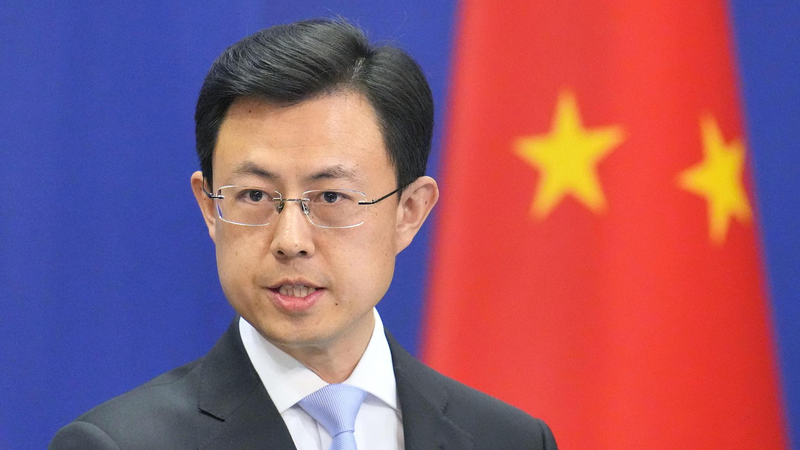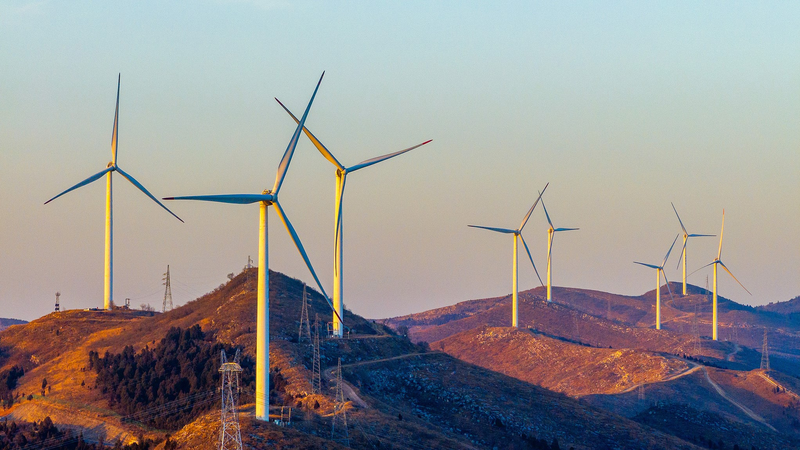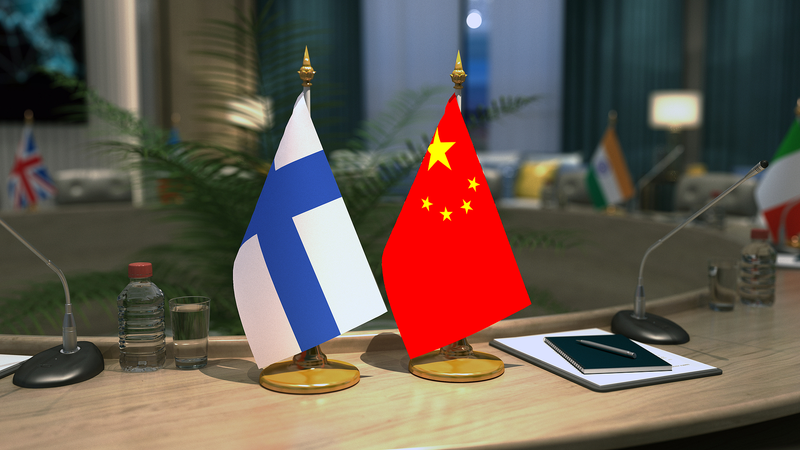For four years, Tony Ma faced a battle most of us can relate to—sleepless nights and a disrupted rhythm. A recent PhD graduate from China University of Political Science and Law, Tony’s late-night thesis work took its toll, leaving him struggling to catch even a few hours of quality sleep.
It wasn’t until Tony visited the First People’s Hospital of Yinchuan in Ningxia Hui Autonomous Region that hope arrived. After ruling out psychological causes, doctors prescribed traditional Chinese medicine sleep aids and personalized lifestyle adjustments. In just a month, Tony’s sleep was restored, proving that sometimes the cure for our modern struggles is closer than we think.
This personal journey mirrors a larger trend across China. Social media is buzzing with stories from people seeking help at sleep clinics, sparking widespread discussion on the importance of sleep health. Health experts warn that conditions such as insomnia, obstructive sleep apnea, and circadian rhythm disturbances not only affect memory and daily performance, but can also trigger chronic issues like hypertension, obesity, and cardiovascular risks.
Adding fuel to the conversation, Lei Haichao, head of the National Health Commission, recently announced plans to have sleep and mental health clinics in every prefecture-level city by the end of 2025. Numbers from the 2025 China Sleep Health Survey Report indicate that while adults average just over 7 hours a night, nearly half are troubled by sleep disturbances—with younger generations tending to burn the midnight oil even more.
The impact is not just personal but also economic. The sleep health market in China has surged from 261.63 billion yuan in 2016 to 495.58 billion yuan in 2023, with projections hinting at a breakthrough past one trillion yuan by 2030. This growth is driving innovation in products ranging from melatonin supplements and non-invasive ventilators to smart sleep-monitoring wristbands and dedicated sleep apps.
At the end of the day, just like binging your favorite Netflix series, everyone deserves a good night’s sleep. Tony Ma’s story is a wake-up call—a reminder that our sleep struggles are not just personal battles but part of a broader movement pushing for a healthier, more rested future. 😴🚀
Reference(s):
cgtn.com




